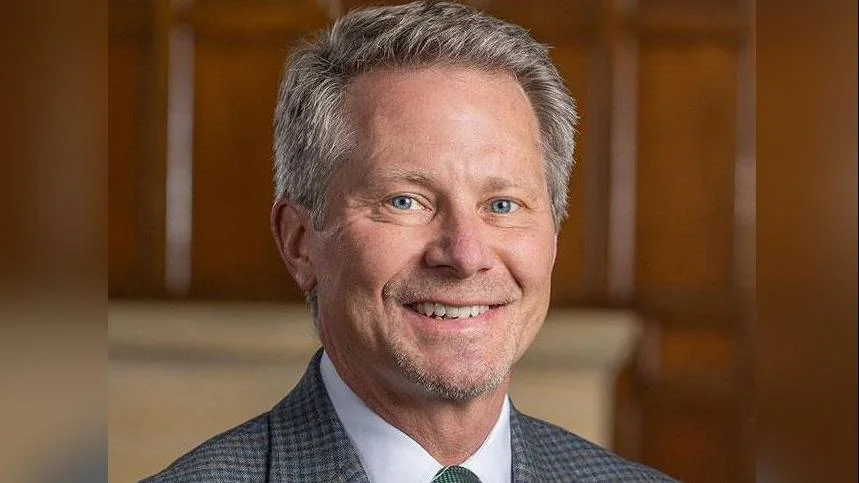Kevin M. Guskiewicz President at Michigan State University | Official website
Kevin M. Guskiewicz President at Michigan State University | Official website
As the development of solar energy projects increases, a new survey has revealed insights into public perceptions of large-scale solar (LSS) farms. Conducted by researchers at Lawrence Berkeley National Laboratory, Michigan State University, and the University of Michigan, this national survey gathered responses from nearly 1,000 residents living within three miles of such projects.
The findings indicate that positive perceptions prevail over negative ones by almost a 3-to-1 margin among those surveyed. Specifically, 42% support additional development in their communities compared to 18% who oppose further projects. However, more than 80% were unaware of these developments before construction began, and one-third only became aware through participating in the survey.
Doug Bessette, an associate professor for energy systems at Michigan State University's College of Agriculture and Natural Resources and one of the project leads, commented on the results: “The responses from residents were generally positive, which is good to see considering the amount of solar that is likely to be developed in the coming years.” He also noted that larger projects tend to generate more negative attitudes and that there is less support among neighbors living very close to these sites.
Positive attitudes are notably higher among those residing farther from LSS installations. Projects under 100 megawatts usually receive favorable feedback due to factors such as aesthetics and economic benefits. The survey also found that residents prefer community involvement over increased state-level decision-making regarding future LSS site selection. Local hiring and ownership are valued highly by respondents seeking reliable information about potential impacts on their communities.
Jake White, a doctoral student who contributed to the research, emphasized the desire for greater engagement: “Our findings show that LSS neighbors want to be engaged more, with respondents strongly supporting increased opportunities for participation in planning processes.”
For future LSS developments, there is a preference for using disturbed sites like landfills rather than farmland. The study highlights a need for communication efforts to raise awareness and involve community members when new projects are introduced.
In summary, while there remains work to address certain concerns and enhance equity in solar project development processes, moderate support exists for expanding solar energy initiatives according to this recent survey.
“We were happy to see this last one,” Bessette concluded.






 Alerts Sign-up
Alerts Sign-up